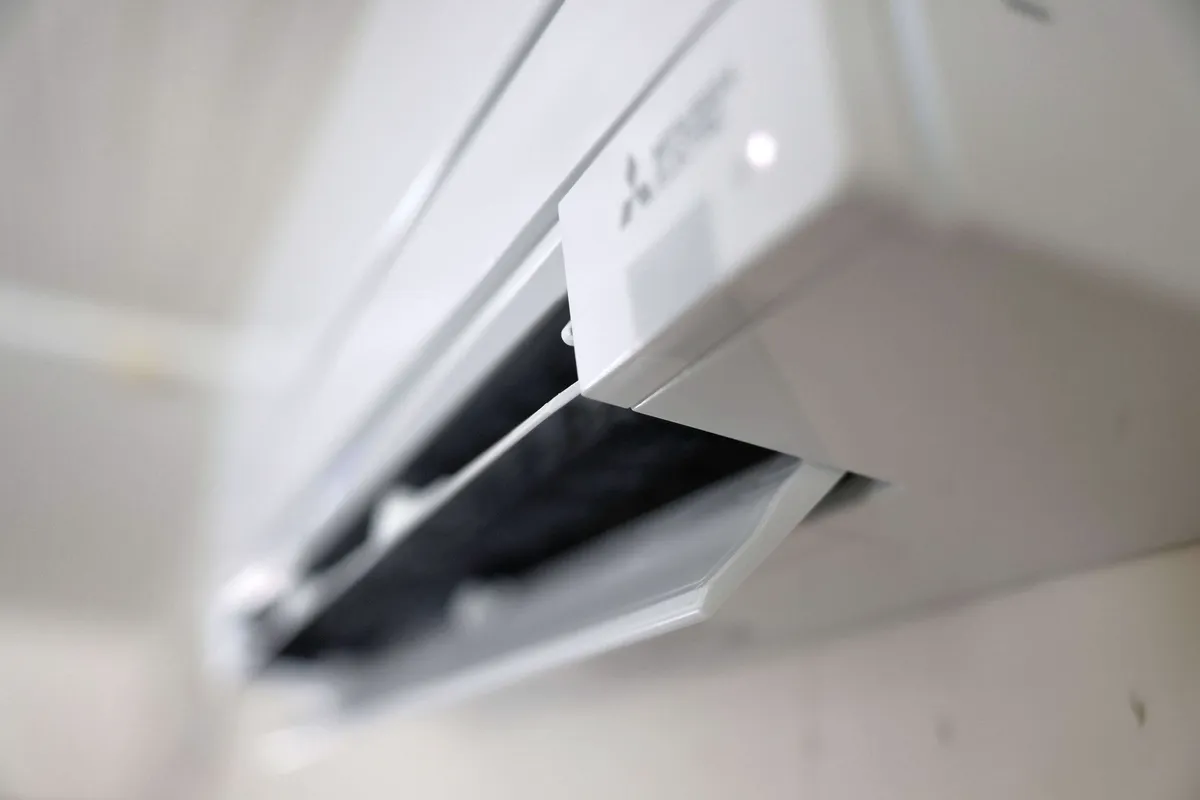In recent years, many companies have been focusing on developing intelligent home heating control systems to help save energy and money. One such company is Godel, a Swedish energy company that has analyzed the actual savings that can be achieved using their system. In collaboration with Ngenic, they calculated the savings for 41 villas based on detailed hourly data before and after the installation of their control system.
The results showed a total reduction of 120,085 kilowatt hours in energy use, equivalent to a 23% saving. On average, each household saved almost 3,000 kilowatt hours, translating to significant monetary savings. This demonstrates the effectiveness of Godel’s system in optimizing energy consumption and helping homeowners save money.
Ngenic offers a control system called Ngenic Tune that consists of three modules and a mobile application. The system costs 4,490 kroner and uses machine learning to optimize energy consumption. With this system, homeowners can easily monitor their energy usage and make adjustments as needed to save even more money.
Another Finnish company, Kapacity.io, offers an intelligent control service for heat pumps that promises annual savings of 300-500 euros on average. Their service monitors electricity prices and weather forecasts for customers to help them make informed decisions about their heating needs. This allows them to save money while also reducing their carbon footprint by using less energy overall.
Overall, these companies offer solutions that not only save energy but also contribute to significant cost savings for homeowners. The focus on intelligent heating control is a step towards more sustainable and efficient energy usage in households. By using these systems, homeowners can reduce their energy bills while also reducing their impact on the environment by using less energy overall.



